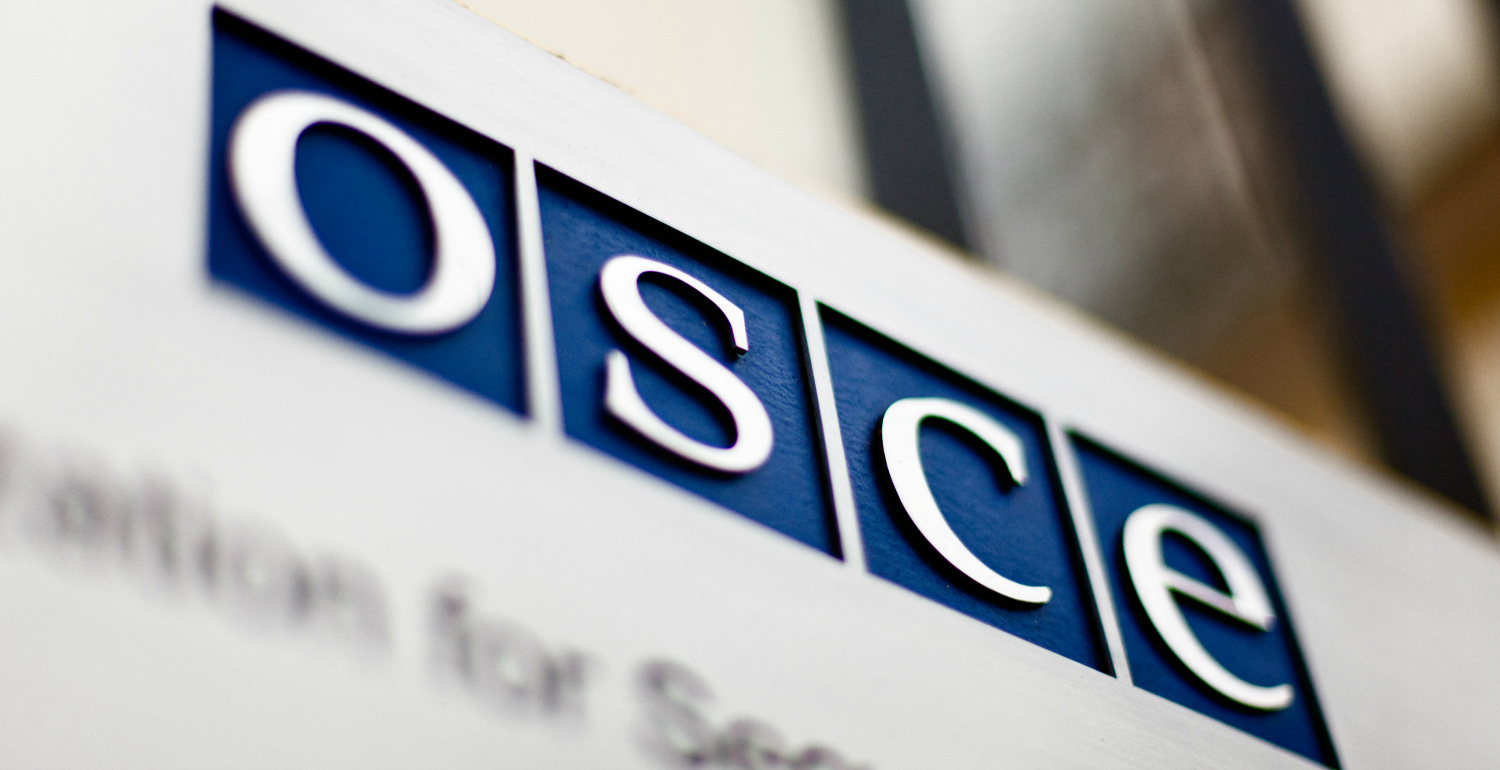The second follow-up meeting of the 35-nation Conference on Security and Cooperation in Europe (CSCE) finally came to a close on September 9, 1983, nearly three years after the deliberations began on November 11, 1980. Burdened throughout by sharply deteriorating East-West relations — the result of the Soviet invasion and occupation of Afghanistan, the imposition of martial law in Poland and continuing Soviet human rights abuses — the Madrid Meeting served to focus international attention on Soviet actions which violated the letter and spirit of the Helsinki Final Act. Even the formal closing week of the meeting was overshadowed by yet another Soviet atrocity — the shooting down of a Korean commercial airliner with the loss of 269 lives.
Review meetings like Madrid and its predecessor in Belgrade (October 1977 – March 1978) have a three-fold function: a review of the implementation records of the 35 participating states, the consideration of new proposals to enhance the provisions of the Helsinki Final Act and the adoption of a concluding document. The review of implementation at Madrid was frequently heated, at times tempestuous. Continuing East-West tensions over human rights and other issues determined that the consideration of new proposals and the adoption of a concluding document would necessarily be a protracted affair. While it did not take consensus to criticize implementation failures, CSCE procedures require unanimous consent of all 35 signatory states for agreement to a concluding document. The gulf between East and West was such, particularly on the key issues of human rights and military security, that more than two years of negotiations were necessary to produce the compromise concluding document. The length of these negotiations was also heavily conditioned by external events such as Poland and Afghanistan which had a strong negative effect on the proceedings.






